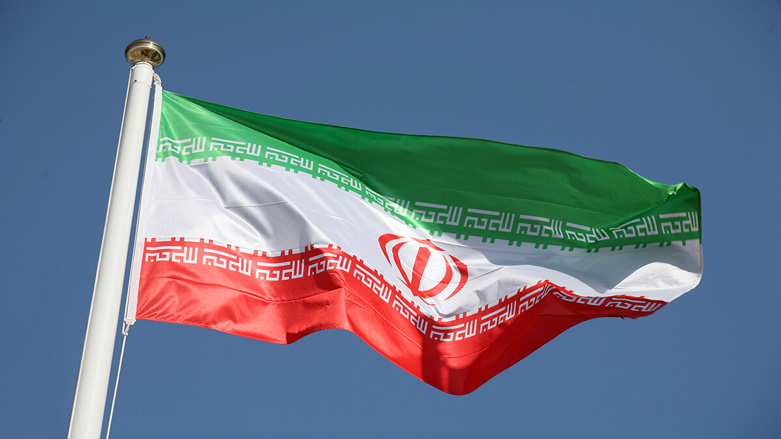New US Sanctions on Iran aim to curb destabilizing influence in region

WASHINGTON DC, United States (Kurdistan 24) - On Wednesday, President Donald Trump signed into law new US sanctions against Iran.
The bill, which also provides for new sanctions against Russia and North Korea, passed with overwhelming, veto-proof majorities in both houses of Congress.
The section dealing with Iran, entitled “Countering Iran’s Destabilizing Activities of 2017,” amounts to a comprehensive roadmap for confronting the multiple challenges posed by Tehran.
It requires the administration to submit to Congress “a strategy for deterring conventional and asymmetric Iranian activities and threats that directly threaten the United States and key allies in the Middle East, North Africa and beyond.”
The law mandates additional sanctions on a range of Iranian activities, including Tehran’s ballistic missile program, while it requires the administration to provide “an assessment of Iran’s chemical and biological weapons capabilities.”
Although attention has focused on Iran’s nuclear program, a biological program can also be extremely dangerous. Skillfully dispersed biological agents, like anthrax, could be used to kill nearly as many people as a nuclear bomb.
Terrorism is another focus of the legislation. It requires the administration to detail Iran’s support to “Hezbollah, Hamas, special groups in Iraq,” and the Houthis in Yemen.
It also affirms that the Iranian Revolutionary Guard Corps (IRGC)—not just the Quds Force—is responsible for international terrorism and subjects the IRGC to multiple sets of US sanctions.
Finally, the bill addresses Iran’s “gross violations” of human rights. It requires the administration to provide a list of individuals responsible for such abuses and subjects them to sanctions as well.
On Tuesday, Secretary of State, Rex Tillerson, said that he was not “very happy” with the newly-mandated Russian sanctions. However, the State Department seems to have a different view of the Iranian sanctions.
Responding to a question from Kurdistan24, a spokesman explained, “The U.S. government intends to continue to target Iran’s malign activity that is outside the scope of the [nuclear agreement]. We have been clear all along that sanctions on non-nuclear areas would continue,” adding, “this is no surprise to Iran.”
Iran has charged that the new sanctions constitute a US violation of the nuclear deal. However, the European Union (EU) has said they do not.
Already on July 21, the sanctions legislation was discussed at a meeting in Vienna among the parties to the agreement—Britain, China, France, Germany, and Russia, as well as the US and Iran.
A spokesman for EU Foreign Policy Chief, Federica Mogherini, rebutted Tehran’s charge on Thursday, stating, “all parties have been implementing their commitments under the deal.”
Trump, however, has said that he wants to scrap the agreement, which he calls “the worst deal ever.” He is opposed by Tillerson, Secretary of Defense James Mattis, and his National Security Advisor, H.R. McMaster, who all believe that it is important for the US to adhere to international treaties it has signed.
Congress required the administration to report every 90 days on Iran’s adherence to the nuclear agreement. So far, the administration has twice certified Iranian compliance.
However, Trump recently told the Wall Street Journal he would be “very surprised” if the next review, in September, found Iran was compliant. Washington-based Politico reports that Trump is extremely dissatisfied with the State Department’s conclusions and has instead assigned White House aides to conduct the next review.
So far, Tehran’s response has been relatively restrained. Iranian officials have charged that the US is seeking an excuse to withdraw from the agreement and said they "would not provide it."
Instead, Iran has stated that its response will be “appropriate and proportional.”
Editing by G.H. Renaud
